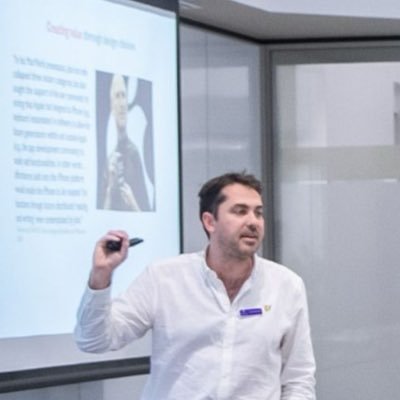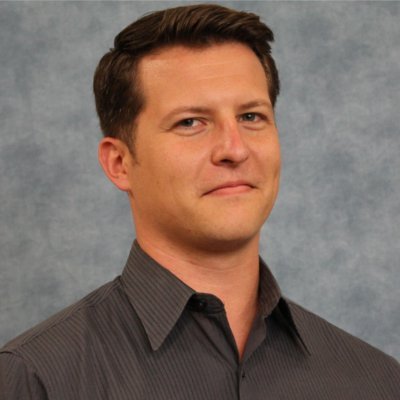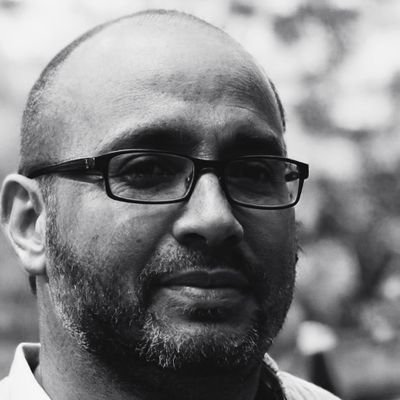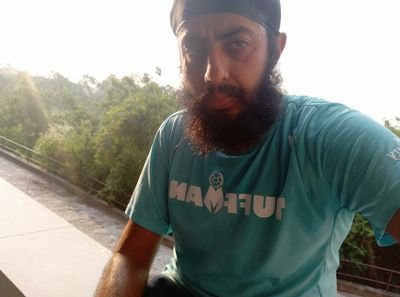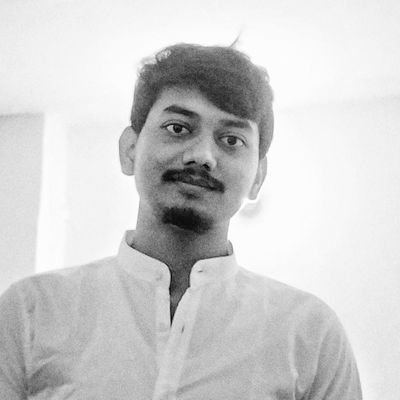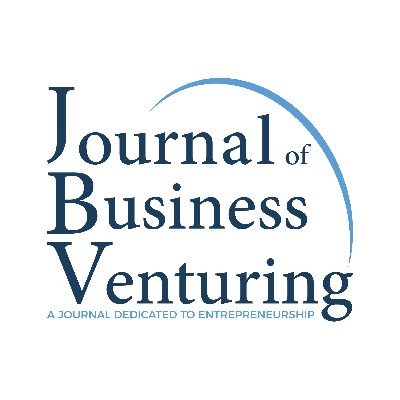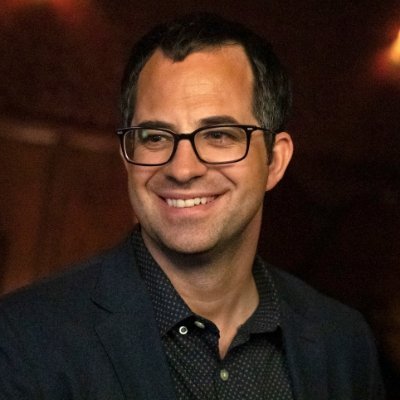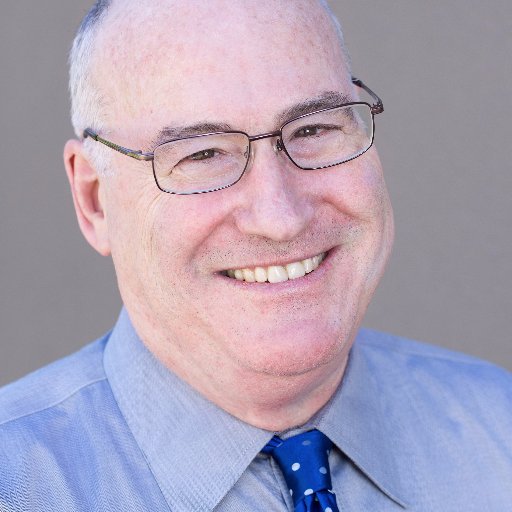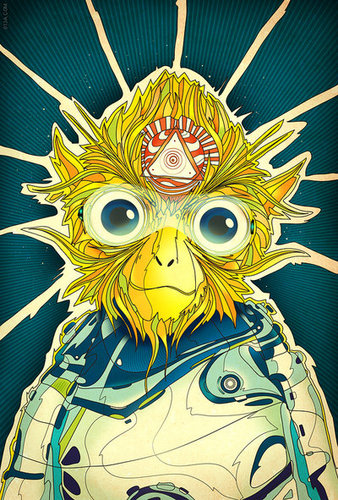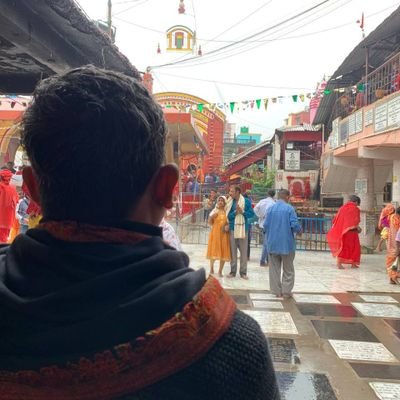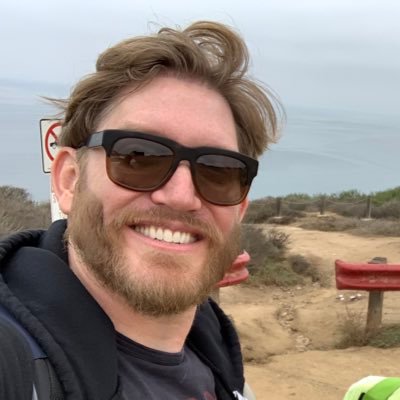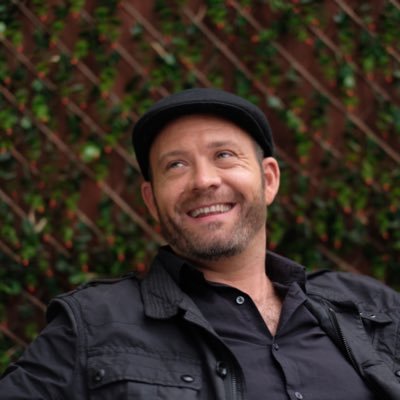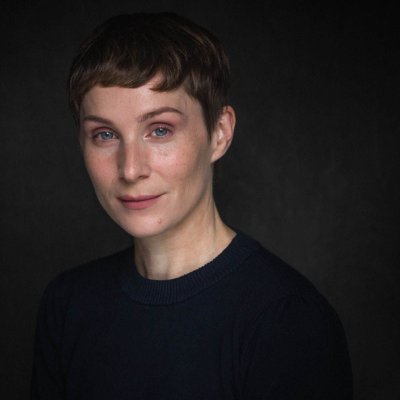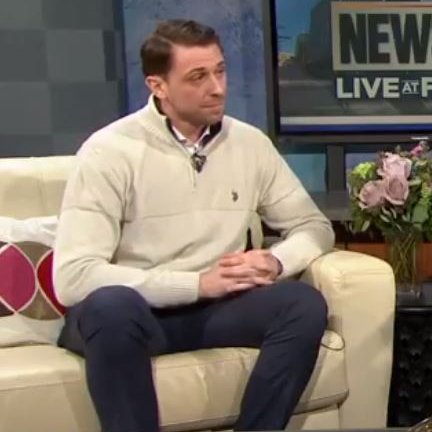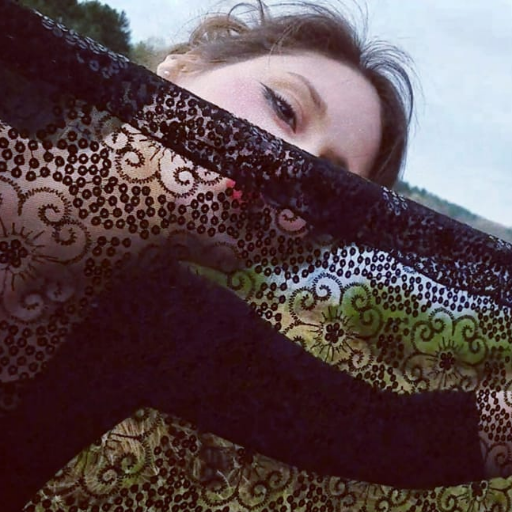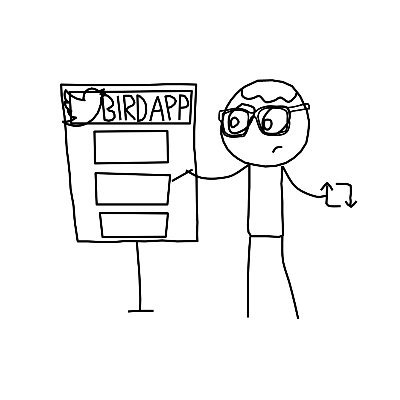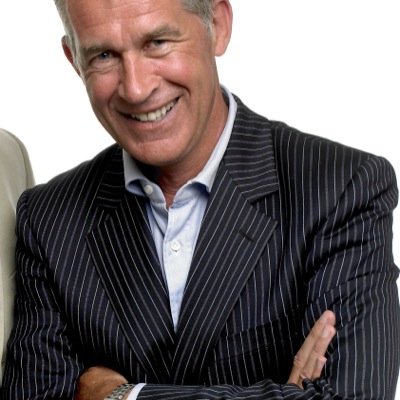
Ravi S. Kudesia
@rskudesiaI study how systems meditate. B-school professor on: behavioral science, distributed sensemaking, emergent change, practice theory, Indo-Tibetan mindfulness.
Similar User

@FabriceLumineau

@OrgTheoryJrnl

@ProfSeemantini

@bureaulab

@strat_prof

@MadeleineRauch

@agmoulick

@herman08015

@stefano_benign

@GaiShelby

@LorenzoSkade

@eunice_rhee

@sakhartov

@JanLodge_

@boysenandrew
Just got a paper rejected from @OrganizationSci with some of the best, most developmental reviews I've ever received. Thought this advice from R3 was worth sharing with #AcademicTwitter on how to structure your contribution 💪

This short paragraph in @TheAtlantic is one of the best indictments I've heard of the kind of flashy psych research that goes on in (top) business schools. Something needs to give 💪 theatlantic.com/magazine/archi…

If you read one thing today, read this: philosophersmag.com/terminal-illne…. In it, philosopher Anand Vaidya reflects on the "transformative experience" of a late-stage stomach cancer diagnosis. I found great joy in wrestling with his ideas and will continue to do so even now that he's gone.
All scholars struggle with two tensions: - If you're building on past work, what's your novel contribution? - If you can make a novel contribution, why tie yourself down to past work? The Indian philosopher Abhinavagupta (950–1016 CE) had the perfect answer 🙏 #AcademicTwitter

As author teams grow ever-larger to meet higher publication counts needed for hiring, promotion, etc., it becomes vanishingly possible to know who contributed what—and junior scholars suffer the most. #AcademicTwitter Sole-authored work is a rare honest signal in a sea of noise.

Fascinating! Given the right set and setting, even a placebo can generate psychedelic 🍄-like experiences, with 61% of participants verbally reporting some effects. Important methodological implications here for the development of psychedelic science. (📄 link.springer.com/article/10.100…)
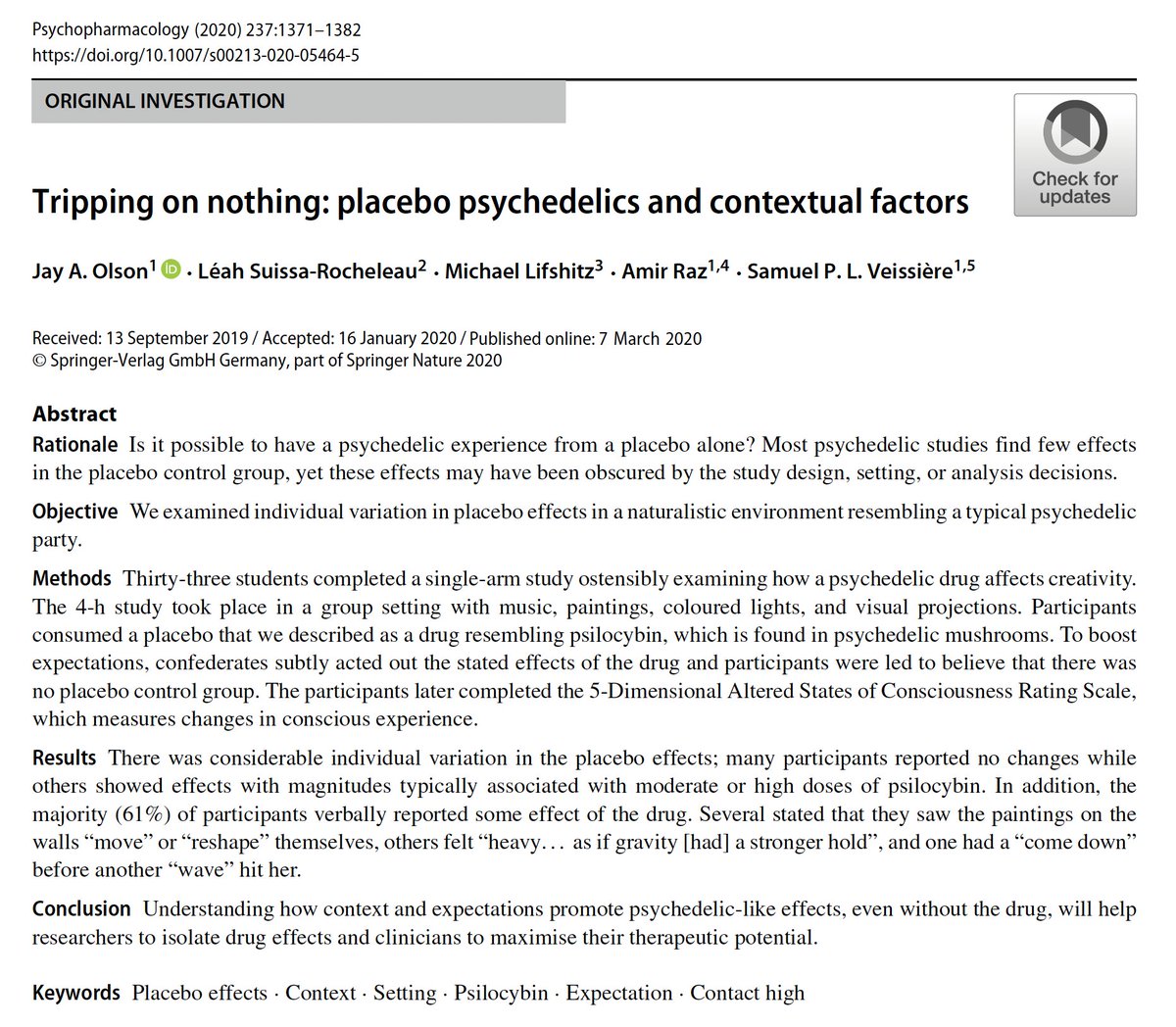
This issue of @osofficer includes an obituary and tribute to Barbara Czarniawska who, among many contributions, wrote what I feel is the definitive work on shadowing as a qualitative method. A great loss for the field and a good reason to re-read her work. journals.sagepub.com/doi/abs/10.117…
I put a lot of effort into my reviews of @AOMConnect AMR manuscripts, especially as I've seen firsthand how much an article there can help set your research agenda as an early-career scholar. Delighted to have that effort recognized with an outstanding reviewer award! 😊 #AOM2024

The 2024 Publications Awards Winners are live now! View the winners here: aom.link/3yMeFcq #AOM2024




Packed room discussing the Attention Based View pioneered by @WillIllinois—especially in light of the recent @StrategOrg special issue—in this session at #AOM2024 (cdmcd.co/9WbDDn)

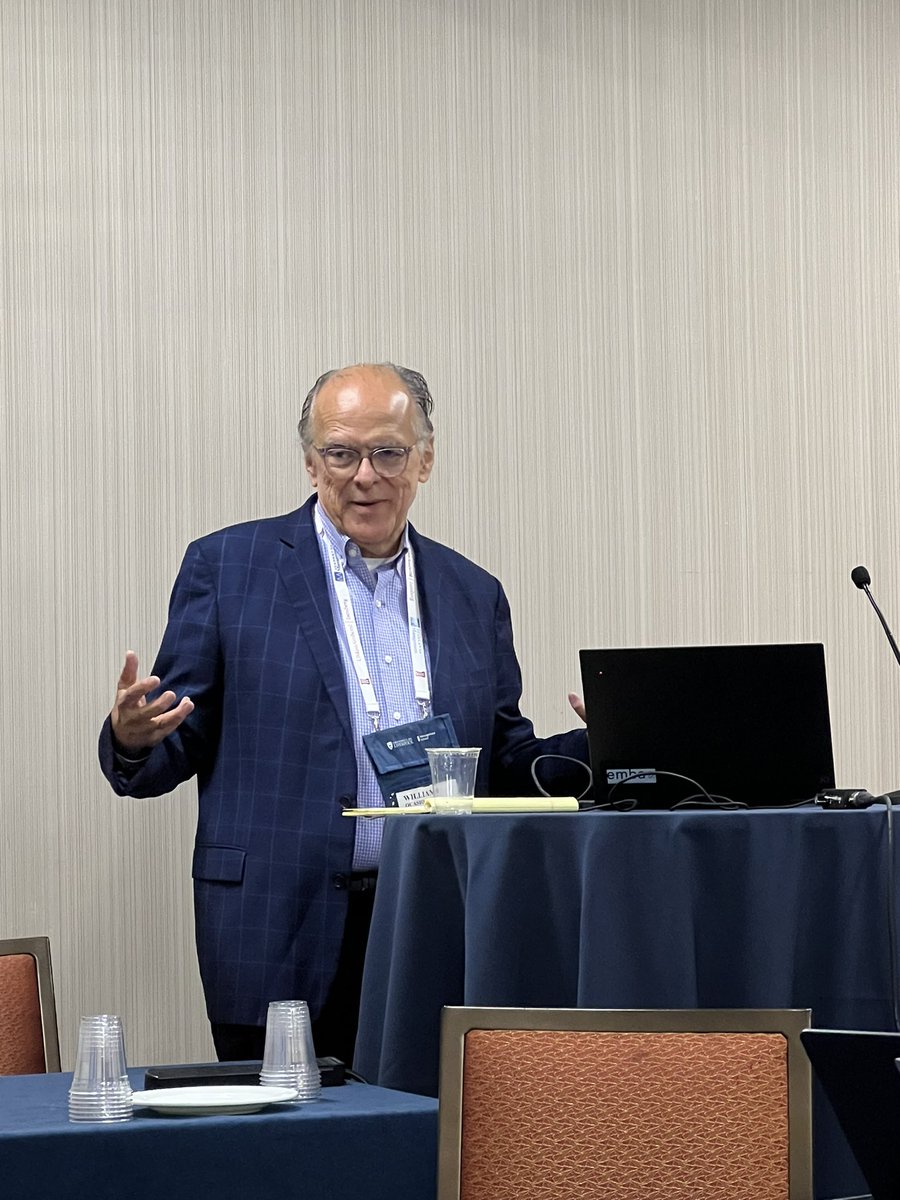
Some #AOM2024 highlights: Batia Wiesenfeld of @NYUStern outlining the perfect review and Roy Suddaby of @GustavsonUVic unpacking what “events” are and how they shape history.

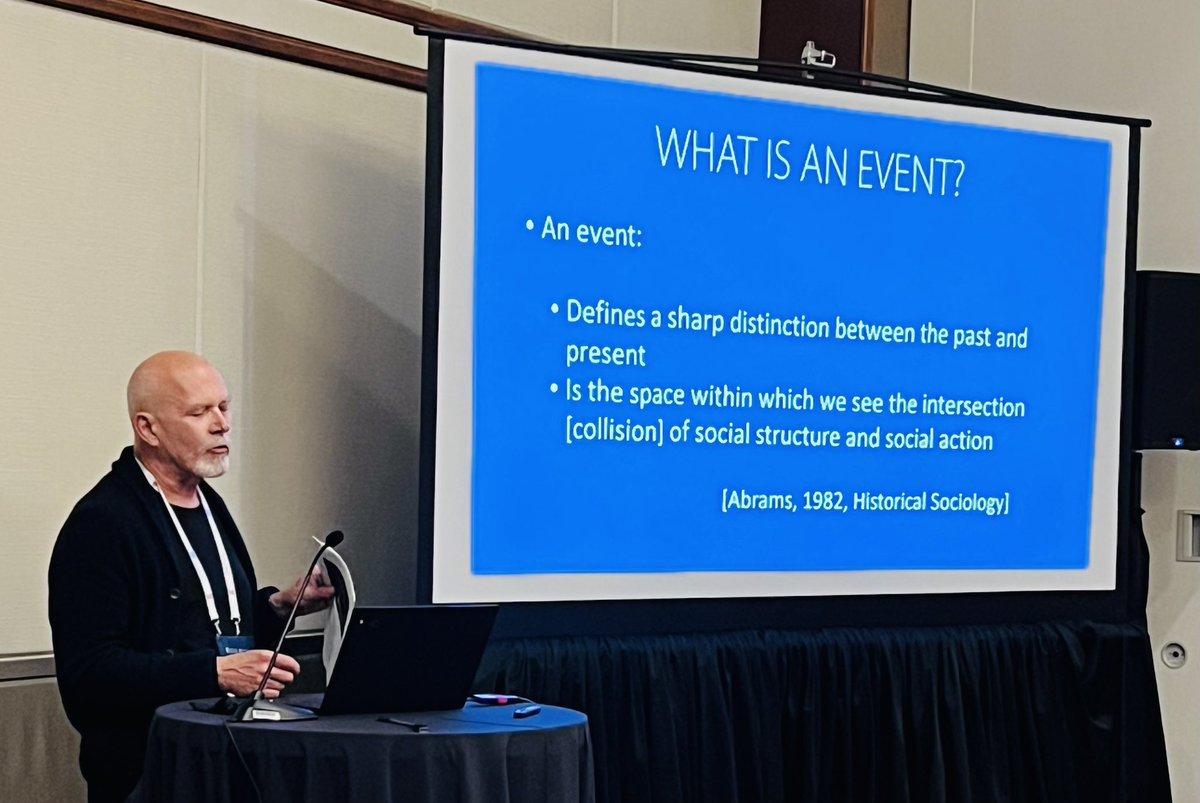
Mental effort overwhelmingly feels unpleasant. One of the most interesting consequences of mindfulness training is that it might change our fundamental negative associations about effort, making us more willing to expend mental effort (e.g., doi.apa.org/getdoi.cfm?doi…) 🙏
Our new meta-analysis suggests that mental effort feels unpleasant across a VERY wide range of populations and tasks. 🙇👎 Now in Psychological Bulletin: psycnet.apa.org/doi/10.1037/bu… @APA_Journals w/ Louise David and @ElianaVassena 👏 (1/8)

This should open up conversation about researcher transparency and bias in qualitative methods. These @YaleMed researchers conducted interviews with the express intent to discredit a study participant—only revealed because of a hot mic moment. Not good. insidehighered.com/news/quick-tak…
Another psychology finding that makes for a great factoid, but that likely doesn't hold up analytically. Simply having your phone 📱 around does NOT seem to erode your cognitive ability 🧠 after all! (📄 assets.pubpub.org/mgkf17za/tmb_t…)
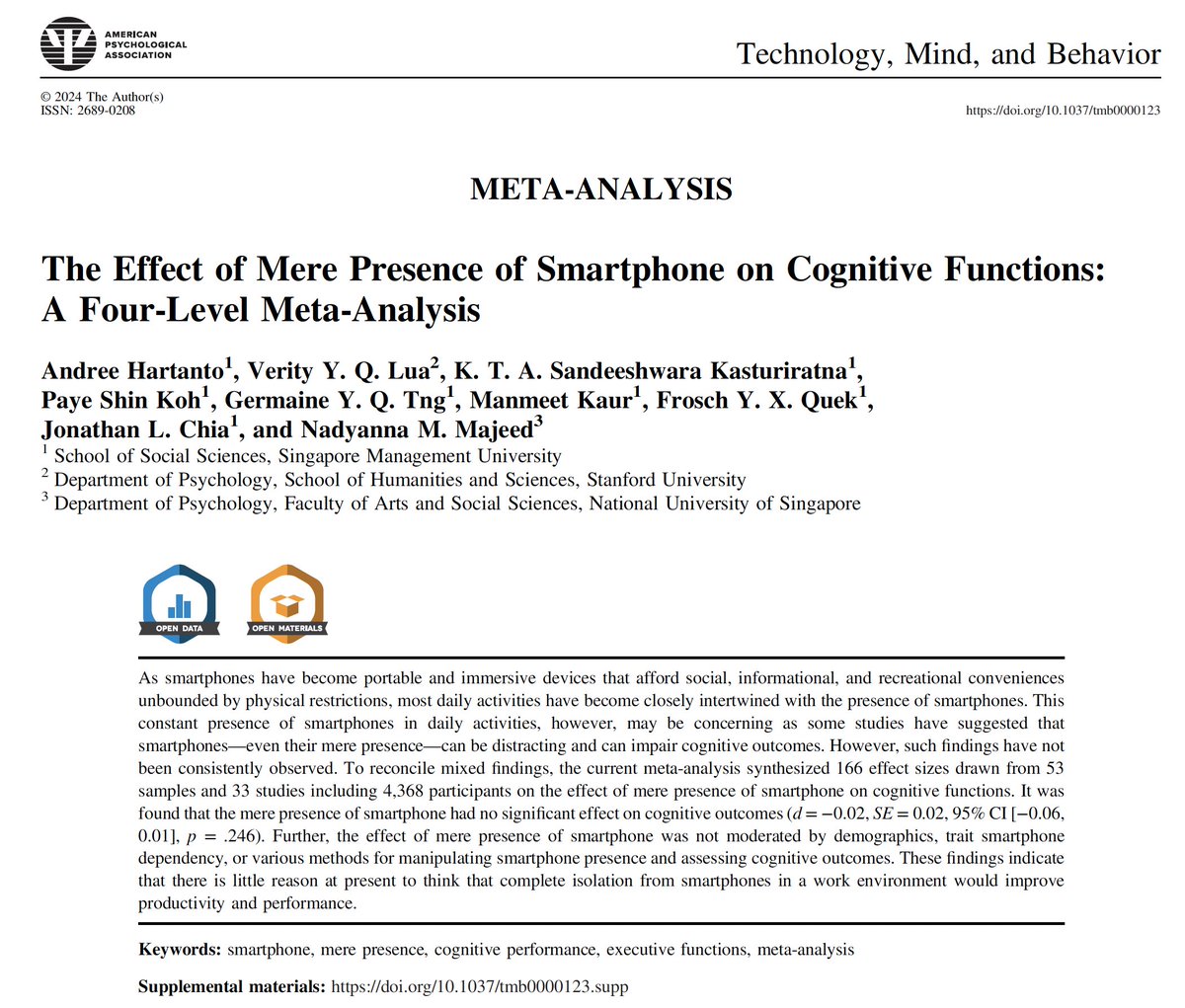
"History is not produced by dramatic actions and postures of leaders, but by complex combinations of large numbers of small actions by unimportant people." 🙏 - Jim March (from his 2008 documentary on leadership lessons from Tolstoy’s War and Peace)
Perfect example of what organizational scholars might call positive deviance: the @Starbucks near me has a fruit fly infestation that's harming food safety, but the district and store managers won't do anything about it. So the employees are handing out cards to warn customers 💪

Something I've found fascinating in advising two distinct populations of early-stage researchers is how often DBA students' thinking is deeply rooted in real problems, but analyzed lightly, while PhD students' thinking is lightly rooted in real problems, but analyzed deeply.
Scott's Seeing Like a State is a book that organization theorists may not know, but would benefit from reading. It's full of examples of how attempts at standardization (epistemic knowledge) undermine the diverse local practical knowledge (metis) that makes systems actually work.
𝗝𝗮𝗺𝗲𝘀 𝗖. 𝗦𝗰𝗼𝘁𝘁 passed away on July 19. He was a political scientist and specialist in Southeast Asia. He was a dissident within Political Science. Yet his books opened up lines of research on central issues, such as the exercise of power and resistance to power.👇
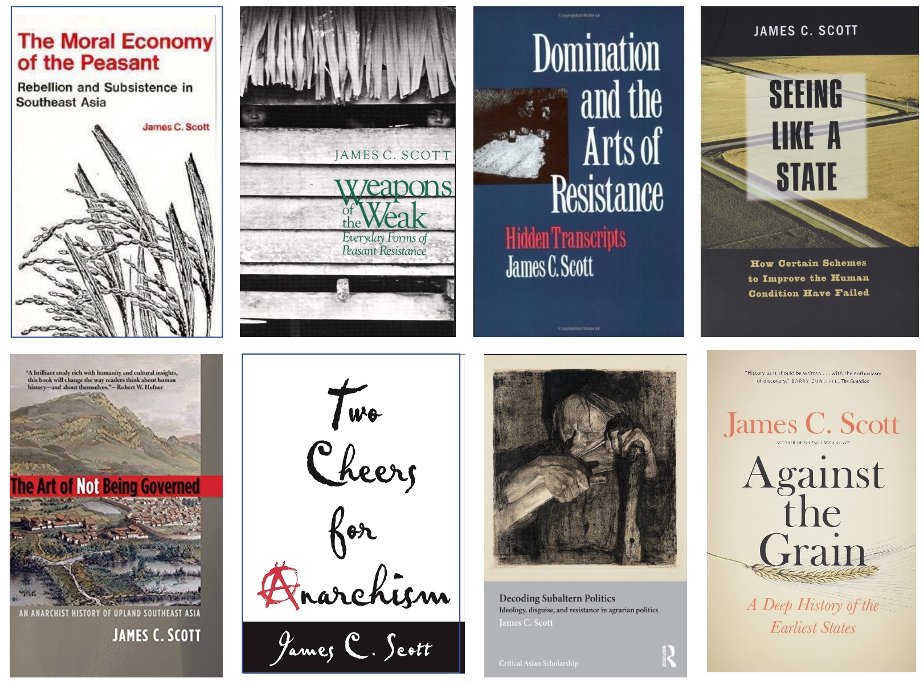
Why do humanities professors so often write that such-and-such historical person "flourished" in the early part of the eleventh century or whatnot, instead of just saying that's when they lived? We don't, in fact, know how they were actually doing emotionally 🙃 #AcademicTwitter
One of the things I've been puzzling over a lot lately is how our experience of time is interwoven with cultural and organizational practices. Leon-Portilla's classic Time and Reality in the Thought of the Maya is a brilliant dive into this question 🙏


😊 When you get an email from a talented young scholar expressing interest in your PhD program 😬 When the email uses the word "delve" #AcademicTwitter
United States Trends
- 1. #WWERaw 18,2 B posts
- 2. Delaware 29,9 B posts
- 3. Seth 20,4 B posts
- 4. Broncos 23,4 B posts
- 5. #DawgPound 2.035 posts
- 6. Lyra 3.436 posts
- 7. #ChristmasCrunchSweepstakes N/A
- 8. Madrimov 2.656 posts
- 9. #MNFxESPN N/A
- 10. Circus 28,9 B posts
- 11. #SupermanAndLois 6.126 posts
- 12. Punk 43,1 B posts
- 13. Tacky 3.458 posts
- 14. Taylor Lorenz 1.568 posts
- 15. Zelina N/A
- 16. Jameis Winston 3.076 posts
- 17. Manchin 2.767 posts
- 18. Durbin 6.936 posts
- 19. Jill 68,5 B posts
- 20. Nattie N/A
Who to follow
-
 Fabrice Lumineau
Fabrice Lumineau
@FabriceLumineau -
 Organization Theory
Organization Theory
@OrgTheoryJrnl -
 Seemantini M Pathak
Seemantini M Pathak
@ProfSeemantini -
 Pedro Monteiro 🏳️🌈
Pedro Monteiro 🏳️🌈
@bureaulab -
 Lorenz Graf-Vlachy 🧭
Lorenz Graf-Vlachy 🧭
@strat_prof -
 Madeleine Rauch
Madeleine Rauch
@MadeleineRauch -
 Abhi
Abhi
@agmoulick -
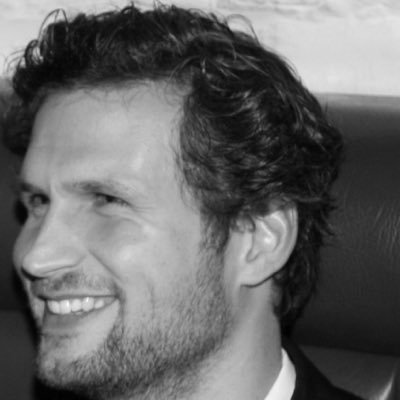 georg wernicke
georg wernicke
@herman08015 -
 Stefano Benigni
Stefano Benigni
@stefano_benign -
 Dr. Shelby Gai
Dr. Shelby Gai
@GaiShelby -
 Lorenzo Skade
Lorenzo Skade
@LorenzoSkade -
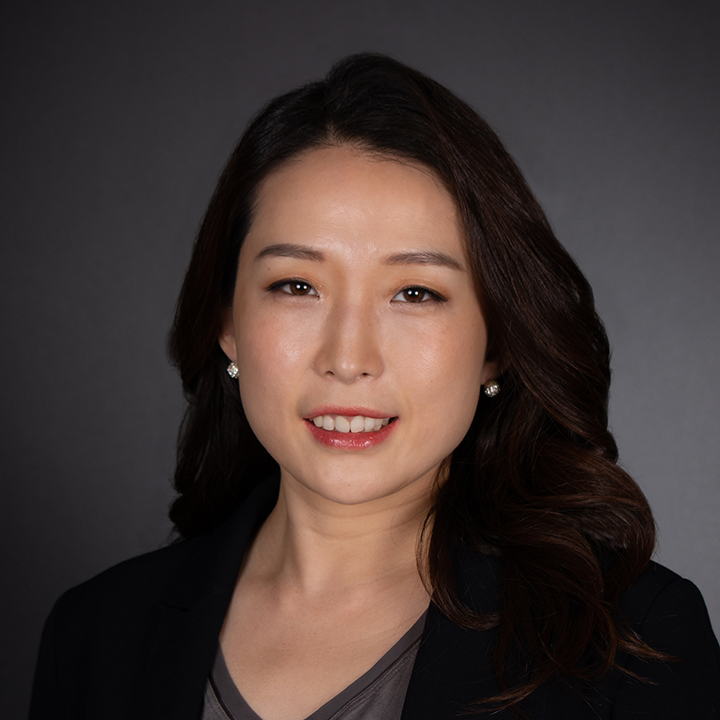 Eunice Rhee
Eunice Rhee
@eunice_rhee -
 Arkadiy Sakhartov
Arkadiy Sakhartov
@sakhartov -
 Jan Lodge
Jan Lodge
@JanLodge_ -
 Andrew Boysen
Andrew Boysen
@boysenandrew
Something went wrong.
Something went wrong.


















